I really don't want to use chemicals but.....
belita1
9 years ago
Related Stories

HOUSEKEEPINGEasy Green: Steam Cleaners for a Chemical-Free Sparkle
Deep clean and sanitize by harnessing high-temperature water for floors, curtains and clothes as immaculate as they are healthy
Full Story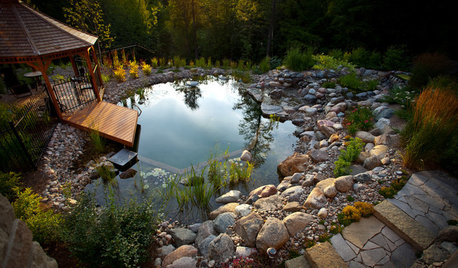
LANDSCAPE DESIGNNatural Swimming Pools: More Beauty, No Chemicals
Keep your skin and the environment healthy with a pool that cleans itself, naturally
Full Story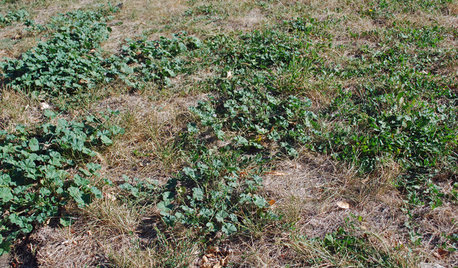
GARDENING GUIDESWeed War: When and How to Use Chemical Herbicides
Before you spray, arm yourself with knowledge about which weed killers — natural or synthetic — are right for your yard
Full Story
LIFEYou Said It: ‘Just Because I’m Tiny Doesn’t Mean I Don’t Go Big’
Changing things up with space, color and paint dominated the design conversations this week
Full Story
FUN HOUZZEverything I Need to Know About Decorating I Learned from Downton Abbey
Mind your manors with these 10 decorating tips from the PBS series, returning on January 5
Full Story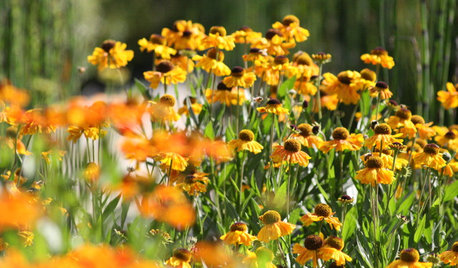
GARDENING GUIDESWhat’s in a Name? See 6 Wildflowers That Aren’t ‘Weeds’ at All
Dispel the stereotypes of weeds and try these wildlife-supporting native wildflowers in your garden
Full Story
FUN HOUZZDon’t Be a Stickybeak — and Other Home-Related Lingo From Abroad
Need to hire a contractor or buy a certain piece of furniture in the U.K. or Australia? Keep this guide at hand
Full Story
FUN HOUZZ10 Things People Really Don’t Want in Their Homes
No love lost over fluorescent lights? No shocker there. But some of these other hated items may surprise you
Full Story
HOUSEKEEPINGDon't Touch Another Stain Before You Read This
Even an innocent swipe with water may cause permanent damage. Here's what to know about how rugs and fabrics react
Full Story
DECORATING GUIDESBudget Decorator: How to Save When You Don’t DIY
You don’t have to be crafty to decorate your home inexpensively. Here are other ways to stretch your design dollars
Full StoryMore Discussions






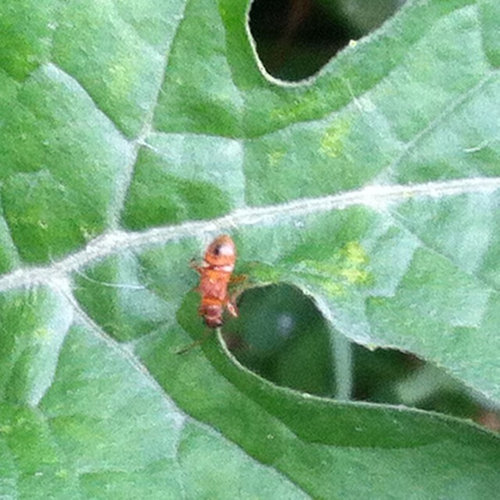
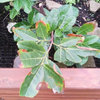



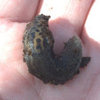
ken_adrian Adrian MI cold Z5
belita1Original Author
Related Professionals
Horsham Landscape Architects & Landscape Designers · Oconomowoc Landscape Architects & Landscape Designers · Forest City Landscape Architects & Landscape Designers · Waterbury Landscape Contractors · Matthews Landscape Contractors · Wakefield Landscape Contractors · Corona Landscape Contractors · East Patchogue Landscape Contractors · Fort Wayne Landscape Contractors · Glendale Heights Landscape Contractors · Gloucester Landscape Contractors · Salem Landscape Contractors · Wareham Landscape Contractors · Raytown Landscape Contractors · Genesee Stone, Pavers & Concretebelita1Original Author
Kimmsr
prairiemoon2 z6b MA
prairiemoon2 z6b MA
belita1Original Author
belita1Original Author
prairiemoon2 z6b MA
belita1Original Author